Cruise. Kidman. Kubrick.
After Dr. Bill Harford’s wife, Alice, admits to having sexual fantasies about a man she met, Bill becomes obsessed with having a sexual encounter. He discovers an underground sexual group and attends one of their meetings — and quickly discovers that he is in over his head.
Top cast
Tom Cruise as Dr. William Harford
Nicole Kidman as Alice Harford
Todd Field as Nick Nightingale
Sydney Pollack as Victor Ziegler
Madison Eginton as Helena Harford
Director
Stanley Kubrick
Writers
Stanley Kubrick (screenplay), Frederic Raphael (screenplay), Arthur Schnitzler (inspired by “Traumnovelle” by) Stanley Kubrick
Review by Ryan Aarset
FEATURING: Tom Cruise, Nicole Kidman, Sydney Pollack, Todd Field
PLOT: An upscale married couple struggles with the temptations of infidelity in modern Greenwich Village, leading the husband to become enmeshed in a secret sex cult.
COMMENTS: Everyone loves a good sex party, especially when there are masks involved. You can role play, burn incense, and even participate in pagan rituals without worrying about being ratted out. In Eyes Wide Shut, Nicole Kidman, playing the melancholic wife Alice Harford, kicks everything off, posing to show off her pump-raised buttocks, and what follows is an odyssey about power and lust. The tragedy is that this film, Kubrick’s final—starring everyone’s favorite Scientologist and his then real life spouse—has been repeatedly reduced to some kind of vague warning about the dangers of an unchecked elite society (Illuminati, etc.), especially since the juiciest segments of the movie come from interpersonal struggle and subsequent identity distortion. These characters terminally deceive themselves and others. Cruise completely owns his role as the terribly charming but ultimately insecure professional Bill Harford, reminding us why we tolerate his wacky off-screen cult endeavors. Offering a multilayered performance with incredible range, restraint and subtlety, he provokes inquisition into his on-screen psyche. Kubrick is the master auteur he’s always been, while Kidman makes everyone horny, forming a powerful trifecta.
Judicious attention is given to high society, people with power and influence, to how they stew in immorality and the instability of their relationships. Kidman displays aggressive coquetry by teasing a suave ballroom gigolo, while at the opposite end of the party Cruise has two women swooning over him. This is a muddy affair hiding behind a façade of elegance and sophistication. We imagine all of the private lives of the patrons here have the same debased, amoral existence, rooted in treachery and egocentrism. Detachment is prevalent, indicative of wealthy people so confident in their endless supply of bailouts that there’s literally nothing they can’t get away with, nothing that can’t be covered up.
Like any good doctor, Bill Harford enjoys playing God. He’s a man with pride and confidence in his professional demeanor, infinite charm spiraling outwards from an desire to dominate others with his own compassion and experience. “Doctors are so…knowledgeable,” says a flirty party gal to Bill. When the camera closes in on Alice’s beautiful behind once again, the question remains: is it good enough for Bill, a man who thinks he’s God?
It’s intriguing to witness our assumptions about this couple come to life. Bill is primed to unleash his godly wrath on the world after a heated exchange with Alice—Kidman overplays being stoned here, especially since her ganja is full of stems—and his flamboyant ego is stifled by a moment of brutal honesty that shakes up his world. Consequently, the cerebral exploration of romantic involvement and commitment becomes secondary to the new anxiety rooted in Bill’s insecurity, highlighted in a pale blue-tinted and warped fantasy of Alice in coitus with the man she nearly left him for.
Kubrick’s expert use of color is demonstrated in the cold neon blues that start on the exteriors but eventually make their way inside the Harford’s loft. With all the deception going on inside and outside of the central relationship, sincerity is cheap and contrived, evinced by Bill’s charade of compassion for his patients. Goodwill is reduced to a tool for the navigation of social constructs, as these starving emotional beings relentlessly chase after the stimulating components of their central relationships. This can be interpreted as a symbol of the filmmaker as impotent artist, helplessly reduced to mimic real life while leaving all of its questions perpetually unanswered. Kubrick reveals himself as an emotional junkie, staggering through succulent images of New York’s midnight neon, brimming with lust.
Kurbick tracks Cruise down the nighttime New York streets, with everything around him literally blurred. Reams of white bulbs and Christmas lights illuminate interiors. The eye candy is genuinely delightful. Underclass servants—door men, maids, babysitters, and prostitutes—are prominently displayed inside or outside of these illuminated residential interiors. Perhaps Bill, in his heightened state of insecurity, is starting to feel like the underclass, primed for decisive and swift action to calm his inner turmoil. There’s a moment at a jazz club, the bar shining in neon and heavy red light, when Cruise almost resembles Harvey Keitel from Mean Streets. Maybe he wants to be a gangster, someone edgy, emotionally hardened by his helpless beneficiaries’ worship of his power and status. Mocked by blue collar bar hoppers on the New York streets, Bill longs to escape, to disappear into the murk of his own towering social presence. He is aided by ex-classmate Nick Nightingale, a hipper, more relaxed med-school dropout and jazz pianist, who cryptically liberates Bill with a single word, “Fidelio”—a password inspired by Beethoven’s opera about a woman who rescues her husband from a political prison. The word leads him to a mansion of powerful elites and an orgy replete with Orthodox chants played backwards and masked figures engaging in hedonistic indulgence. A creepy piano motif conjures a temperament of unsettling dread.
Almost as frightening as the strange music is the repulsively decadent mansion itself, an embodiment of privilege gone awry. “If I told you their names, I don’t think you’d sleep so well,” says Bill’s friend. Bill transforms into a desperate, insecure, frightened man whose power and influence pale in comparison to whatever strange society he has stumbled in on. The party scene is a cathartic release for the tension built up before it, and it transitions into the redemption that Bill finds through coming clean (or more appropriately, going clear) to his wife.
There’s lots of fun to be had in the curvy plot ambiguities: the death of a celebrity who attended the party, the disappearance of Nick Nightingale, a humorously uncanny scene at a costume store where a man prostitutes his daughter and blackmails her clients. It’s even possible to argue that Alice was actually at the party, and her self-described sex dream was actually real. Or perhaps Bill never went to the party at all, and it was he who was dreaming. After all, the 1926 novella the film was based on is titled dream story. It ends with a pithy suggestion that if lovers don’t screw each other, they screw themselves.
Those looking for a weirder, zanier cinematic experience would do better to watch Kubrick’s A Clockwork Orange instead. Nevertheless, Eyes Wide Shut is moody, brooding, syrupy and contemplative, with a deliciously sinful centerpiece and probably enough compellingly cryptic details to inspire a Room 237 of its own. Weird movie newbies might find the eerie music and graphic sex party fulfilling, but once the initial shock resides there’s naught but a powerful, colorful mystery-drama remaining. The theories and presumptions behind the movie are probably stranger than its content. What counts is the picture painted of the privileged elite, people who wear masks and wave around badges, hand out bribes, and keep the underrepresented members of society repressed for their own luxuriant ambitions. Bill asks his friend “what kind of charade ends with somebody turning up dead?” Perhaps the charade of new capitalism is a fitting answer.

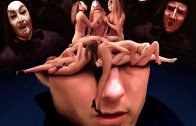
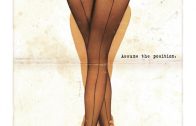



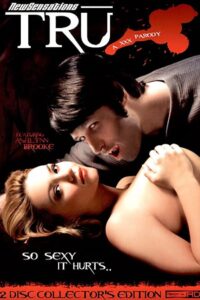
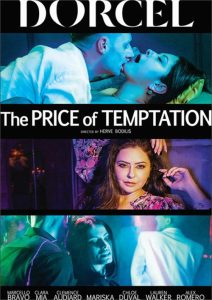





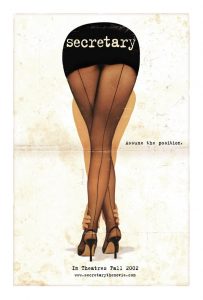



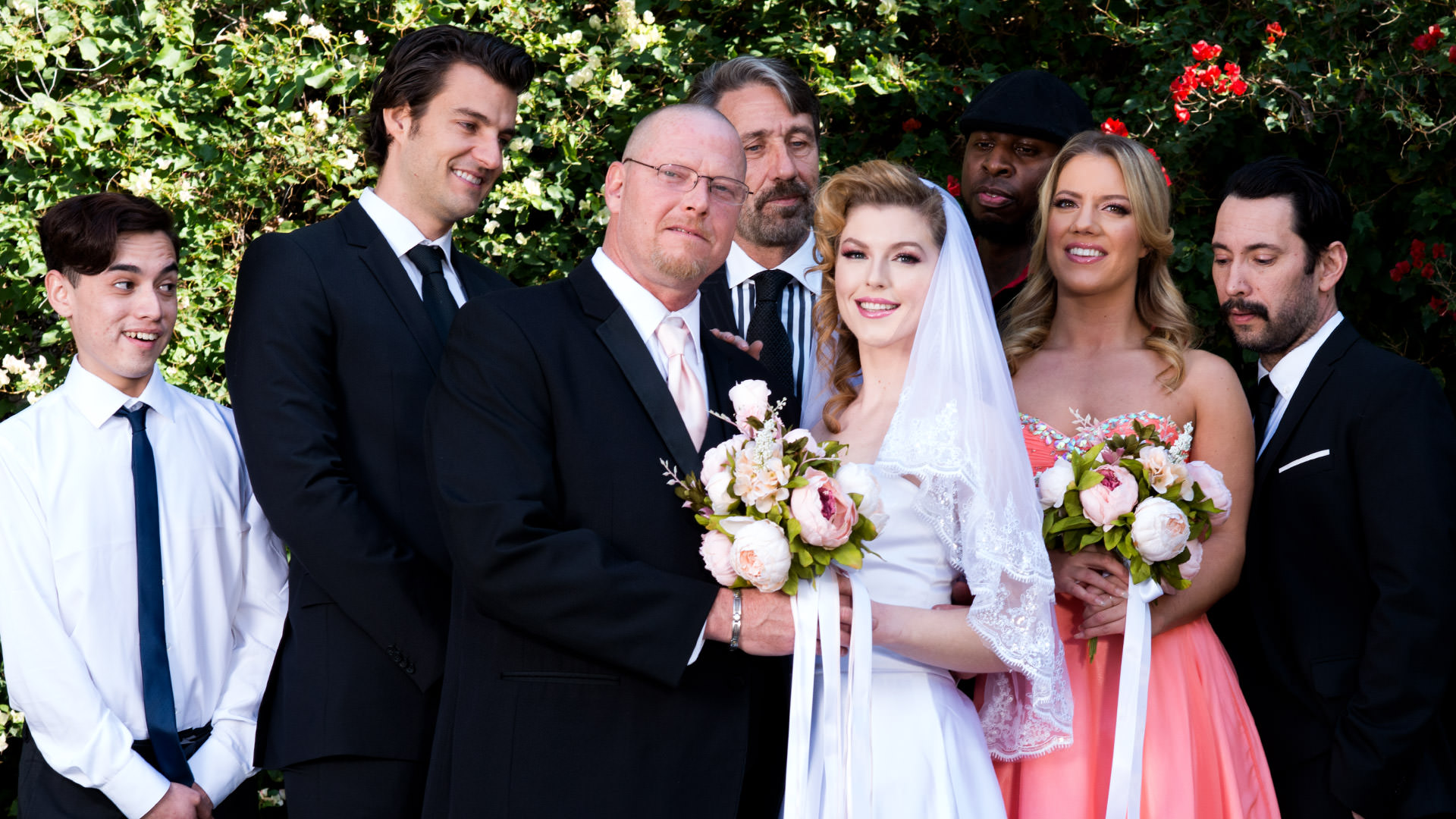
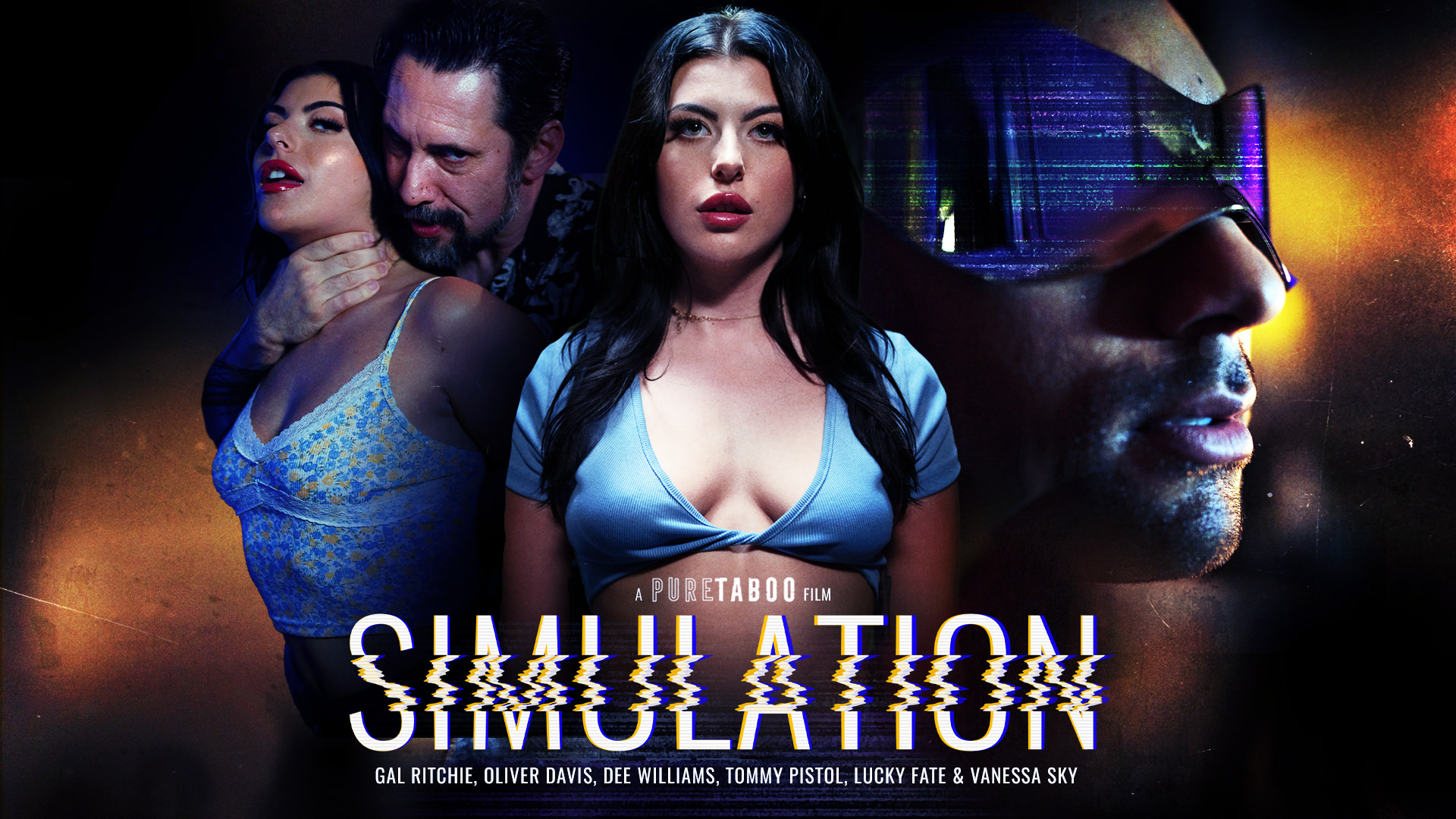



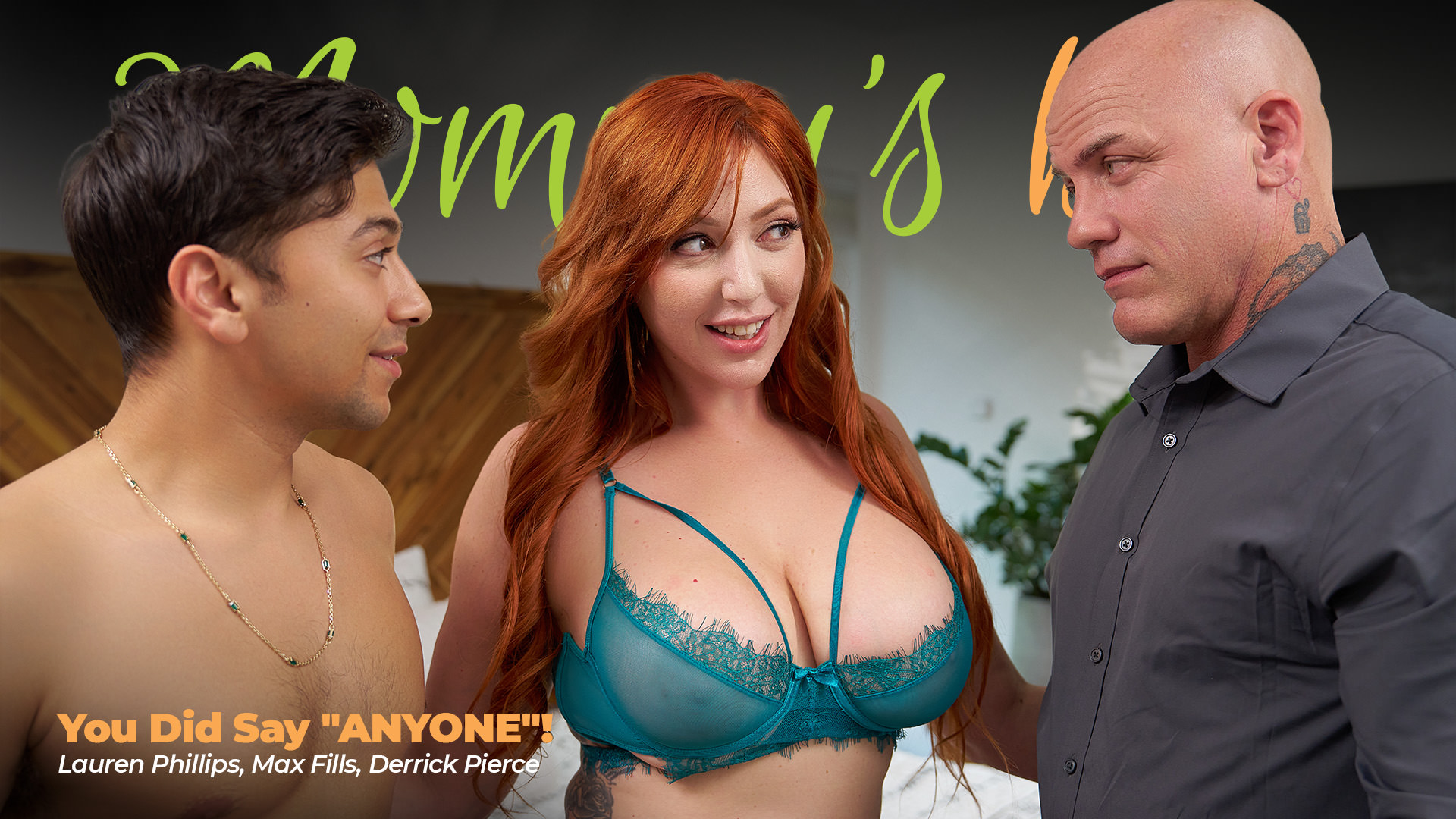

haha you just uploaded an actual hollywood movie, based